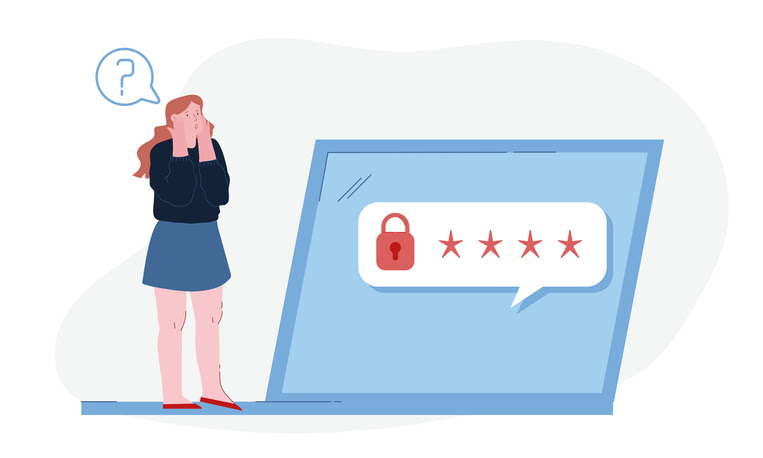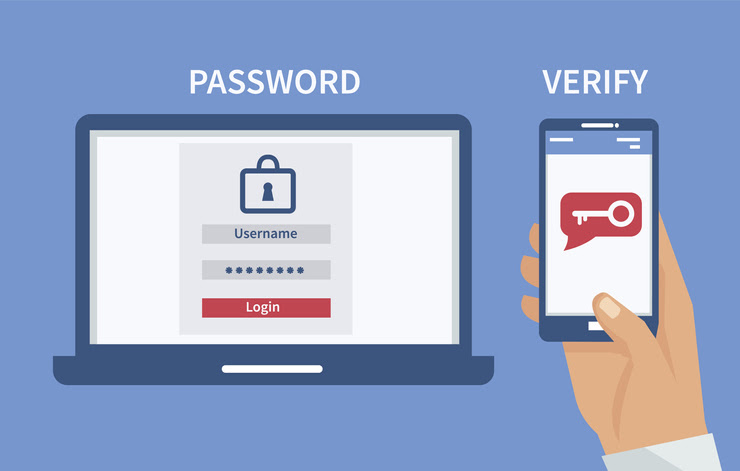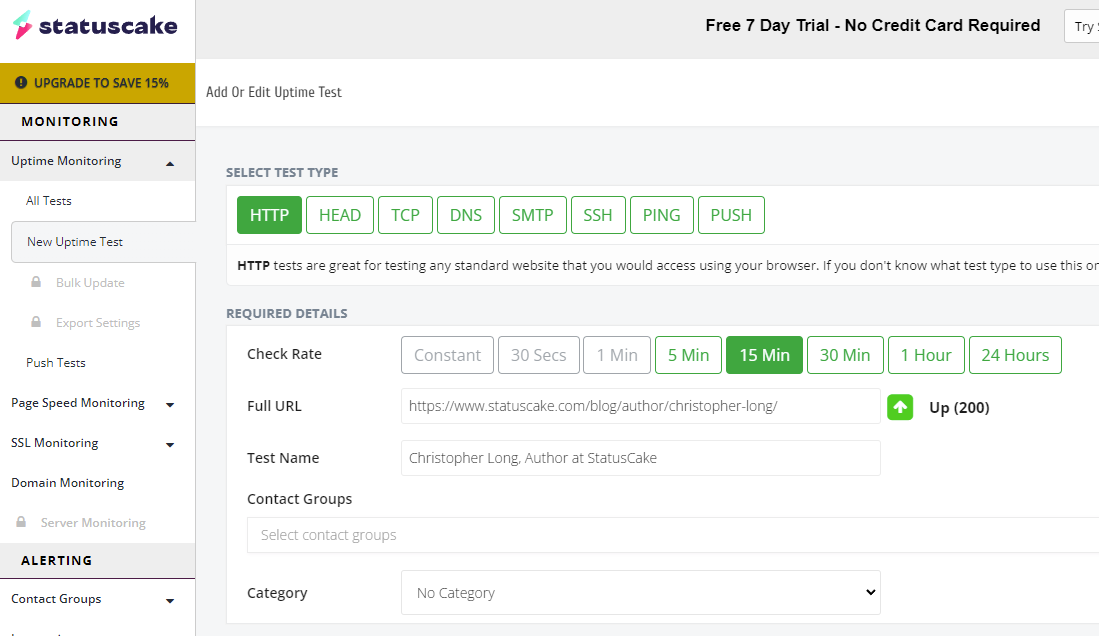26 Sep

[ad_1]
Stop what you’re doing and make your passwords more secure! How, you ask? Read on to find out.
It’s become very anecdotal when we speak about passwords for our online accounts and why these might matter. We all take this very lightly and assume that no one can guess or work out what our passwords are and thus we think no one will be able to access our most sensitive information be it online bank accounts, Amazon accounts, or your emails. We are wrong.
Passwords are easier than ever to hack
What we need to now understand (and I am guilty of this) is that passwords have become much easier to access than ever before and hackers/online scammers have found work to be very easy. Boo.
Current figures estimate that 90% of users are worried about their passwords being hacked with 10% seemingly not concerned. Although this statistic seems like we do sound rather alarmed, current data estimates that there are over 23 million users online that have used the password “123456”. This data was collected on recorded breaches which have made password hacking an easy job.

Other terrible passwords out there are ones that contain only lowercase letters. Why? Because these take on average 10 minutes to hack which to a hacker is no time at all. Note to self: I really need to stop using my own name as my password.
Making your password harder for scammers
The key learning is that we must start making our passwords more complicated because it’ll make it harder for hackers to guess. That’s why there are now apps/extensions like 1Password and numerous blogs online that promote the use of long, random letters, characters, and numbers. This blog has now become part of this statistic, and we want to help highlight the importance of password protection.
A good password would be: Hjfh12**fhfh^^%cGa234
The longer the password and the more random the arrangements of letters, numbers, and characters, the harder and longer it will be for hackers and their programs to crack them. Like all preventative measures, the idea is to waste their time as much as possible so they can move on to what they consider to be “easier targets”. Using extra security tools like Google Authenticator can also add an extra layer of security to your password; every time you enter it on your desktop, it’ll ask for the code on the app on your phone. Here at Scopify, we support 2-factor authentication because we know how important password security is (unlike some of our competitors, naming no names!).




It’s also highly recommended that users change their passwords regularly as this will also reduce the chances of it being hacked. Currently, only 30% of users change their password at least once a year which leaves a large majority not doing this. What’s shocking is that even after users have been hacked and fallen prey to phishing emails, only 57% change their behaviour meaning the rest still carry on about their business as before.
Research has also shown similar behaviour in their professional life. Businesses now more than ever need to take action and train their staff to be better protected online. Training on avoiding phishing emails and other techniques such as malware and spyware that can compromise the business is essential in a world where hackers seemingly use the internet as their playground.
An example of a large company being a victim of an easy password is Solar Winds (the company behind Scopify), their staff had a very easy-to-guess password that compromised their secure network and allowed hackers to enter the system. A reason for this could be the fact that nowadays so many companies are using different apps and tools for everyday functions. It is imperative for them to start using password management tools to make it easier for their staff to use these tools with less hassle otherwise they will neglect the rules and choose an easily guessed password. We all hate to enter and re-enter different passwords for different tools and this can make work difficult but the password management tool helps automate this for us, so an option to enter a difficult password once is better than compromising the security of your entire business.
To conclude, it’s important to be aware of the importance of password protection, with many of us now having a massive online footprint and using online sites every single day. The consequences of using Password123 can be quite dire if we neglect this part of the online environment. It’s the same story if you are a business, you want to offer your customers the best protection for their details as possible, with 33% of users saying they wouldn’t return to a business that has leaked their information. Ouch.
[ad_2]
Source link



